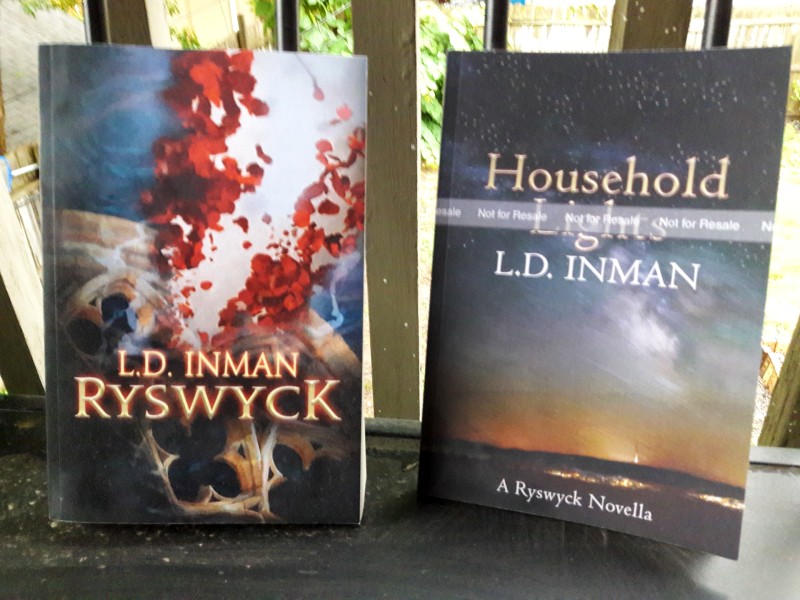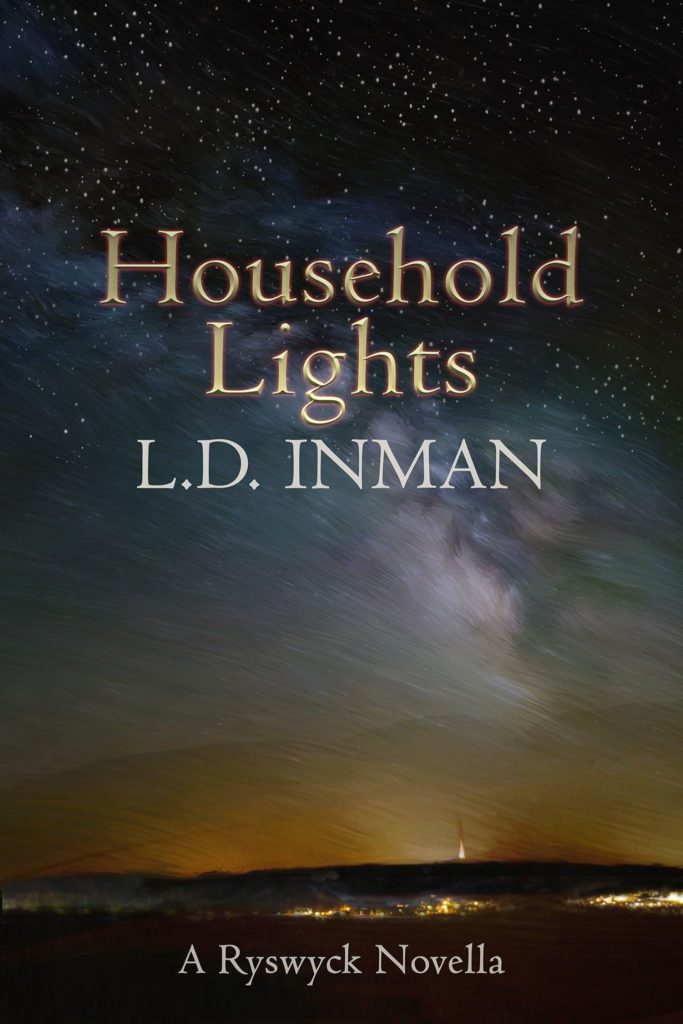…And the living is easy

Not much has been going on here at Maelstrom Manor in the last week or so. I have consumed an appreciable amount of media and an equally appreciable number of very good grilled cheese sandwiches. I cut my own hair for the second time this epoch in my life this epoch which feels like the equivalent to my entire life so far. My main objective was to lighten the load on my head for the summer months, but I did not meddle too much with the delicate bang-swoop my stylist had created in the Before Times, and so the result is coincidentally a bit like that of Charlize Theron in The Old Guard. Nominally; Theron is about my age, isn’t she? So why does she have such a smooth un-crepey underchin? Mysteries.
But, speaking of The Old Guard, I heartily enjoyed it and feel more fannish about it than I have about anything in a long while. It was exactly the shoot-’em-up hero-team movie I was looking for when I rented Birds of Prey some days ago. (Capsule review: yes, the cinematography is good; yes, the wisecracking peripatetic narration a la Kiss Kiss Bang Bang gets my affection; yes, some interesting characters — and Ewan McGregor is astonishingly creepy. The sum of the parts, though, I found a bit oppressive, and I can’t say I’m entirely glad I watched it.)
The Old Guard, though — it has all the things I like to see in a hero action flick. Charlize Theron kicking ass: check. (Bonus: she grins at Nile when fighting her like come on kid, hit me harder than that!) Team strength based on friendships (actual friendships, not snarkfests): check. The Operative Chiwetel Ejiofor as a morally-troubled chorus base note: I won’t say no! A coherent narrative structure with an equally-coherent moral imperative as a throughline: far too rare in these things. Opportunities for days for meta speculation: more fun even than the fanfiction, I have to admit.
For bedtime viewing I’ve been mining Youtube for all the seasons of Time Team that aren’t on Prime. Last night’s viewing was an episode set in coastal Scotland, and the local guest archaeologist’s name was Douglas Speirs; I snorted. A thing I very much enjoy about later seasons of Time Team is that all the regulars have this contentiously affectionate relationship with each other. You can count on Phil Harding getting into it with John Gater the geophysicist; John Gater getting into it with Stuart Ainsworth, the landscape archeologist (“Where’s Stuart?” someone inevitably asks; the answer is usually following a tangent in the undergrowth somewhere); and Tony Robinson starting a scene by waving his arms and crying, “It’s Day Three and we haven’t found a single thing!!” and all the archaeologists unite to retort, “Yes we have!” with varying degrees of injury. Then they all go down the pub.
Talk about vicarious enjoyment. I can’t go down to my local and watch the Royals game on the big TV with a frosty pint in hand, rubbing elbows with the other regulars. And I really miss that. But I can go to sleep in the comforting knowledge that somewhere, Professor Mick Aston is still wearing a hand-knitted jumper striped in many wild colors.
That’s the kind of world I want to get back to.









